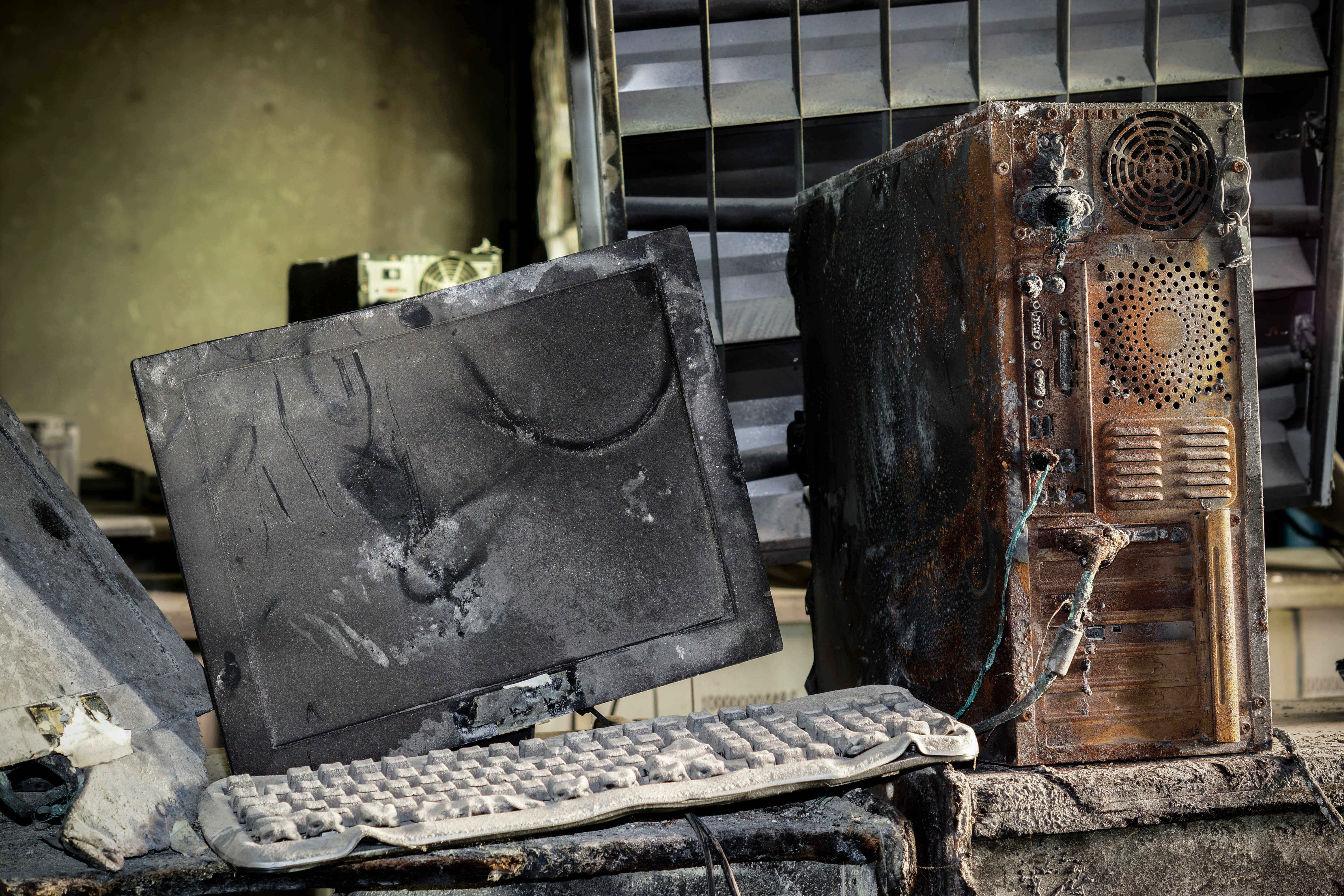The average American home holds over 300,000 items. Thank goodness our home size tripled within the last 50 years.
While we may have the space to keep everything, it doesn’t mean most of it’s worth keeping. However, some items are not only worth keeping, but they’re also worth collecting.
There’s a huge difference between hoarding and collecting. Hoarding is a serious problem often associated with mental and physical health risks. Meanwhile, collecting things is considered a hobby with lots of positive side effects.
5 Reasons to Consider Collecting Things as a Hobby
If you’ve ever considered starting your own cool collections, you’re not alone. Keep reading to learn five reasons why getting involved with popular collections is the perfect hobby for you.
1. Collecting Things Improves Your Social Life:
3% of American adults suffer from a general anxiety disorder. That’s 6.8 million of us who are stressed out. And that’s not even including those with social anxiety.
And the more we isolate ourselves, the worse the anxiety, especially social anxiety gets. That’s why popular collectibles are such a great idea.
You aren’t the only person out there looking for fun things to collect. There are tons of others exactly like you who want to talk about their collections with others who share their passions.
Since you already have something in common, it’s easier to strike up conversations with others. You’ll probably find you have a lot more in common with other collectors enabling you to make lifelong friendships.
Works of Art Start Conversations:
Also, collectibles are often considered works of art. They’re not for storing away where no one can see them.
Instead, collections are made to be displayed proudly so everyone can admire them. And it’s a great way to start conversations with other people.
Make sure you find the proper place and way to store your collectibles so they stay safe but can also easily be viewed. There’s no point in collecting items that gather dust in your basement.
2. Collectible Items are Worth Money:
While some popular collections such as Hummels lose their value over time, many of them increase in value. And some collectible items end up being worth some serious money such as Star Wars memorabilia.
If you’re looking to make an investment in something you can enjoy for a long time, collectibles are the way to go.
Some of the more popular collectible items are things like stamps, games, and comic books. It’s an exciting hobby to watch your collectibles increase in value year after year.
Know the Value of Your Collection:
Some people collect for the fun of collecting. Others do it as a way to make money such as collecting and selling scrap metals.
Some collectibles fluctuate in price on an almost daily basis. Others grow in value over time.
Look for collectibles that still have their original boxes.
An easy way to keep track of the value of an item is to join a collecting club. But do additional online research before you decide to sell so you avoid being ripped off.
For some ideas on best selling practices, click here to learn how to sell comics.
3. Enhances Your Historical Knowledge:
If you are someone who loves history, then consider collecting items. Collectible items are a great and fun way to learn about history or even a specific period of time in history.
Take coin collecting, for example. Coin collecting has been around as long as coins themselves.
Each era of coins provides a wealth of information. Each coin tells you what language the country where it originated spoke when the coin was created.
The coin also tells which metals the country of origin considered valuable, providing you with a lot of information about what people during that era held in high esteem.
4. Helps You Improve Your Organizational Skills:
If you take your collection hobby seriously, you’ll need to learn some organizational skills. Most hobby collections involve categorizing items.
Categorizing items helps you and others recognize certain characteristics of your collectibles. Categorizing also helps identify breaks in patterns.
This skill helps you recognize fakes when compared with real collectibles. And it can help you recognize when you’ve found something truly special.
Transfer Organizing Skills to the Rest of Your Life:
As you learn how to organize and categorize, you’ll realize how beneficial these skills are to everything else in your life. And they’re easily transferable skills.
Organizational thinking is a necessary skill in today’s world. Especially if you’re in certain professions such as teachers, doctors or stockbrokers.
You can use these skills to increase your productivity, reduce stress, and make smarter, healthier decisions in every area of your life.
5. Improves Your Health:
Collecting is a hobby. Research shows that those who engage in hobbies are more averse to problems such as low blood pressure, depression, and even memory issues.
Hobbies help people focus on something that brings them joy, which reduces their anxiety. And if you’re scouring flea markets for the latest find, you’ll get some exercise, too.
Hobbies create joy in your life and give you a sense of purpose.
How to Select Which Cool Collectibles to Focus on:
There are tons of cool collectibles you can choose from. Start by taking a look around your home.
You may have already started a collection without knowing it. If not, take a look at your friends and family’s collections, see if you like what they’re collecting. If so, ask them about it.
Do Your Research Before You Purchase Anything:
If not, take some time to do research on what’s worth collecting. Then select something you’re excited to learn more about.
If you already know what you want to collect, start doing research. Learn the lingo used by those already collecting. Find out where the best spots are for finding new items to collect.
Designate an Area to Keep Your Collectibles:
Make sure you have a safe spot in your home or office to keep your collectibles. Make sure they’re in a place where they’re not exposed to elements, kids/pets or bugs/vermin.
Don’t Go Overboard:
Collecting things is a great hobby, but don’t go overboard. Create a budget to ensure you don’t spend money you don’t have on a collectible item.
If you can’t wait to get that latest cool collectible, we can help you avoid financial disaster. Click here to learn how to make money without getting a second job.
Read Also:






















